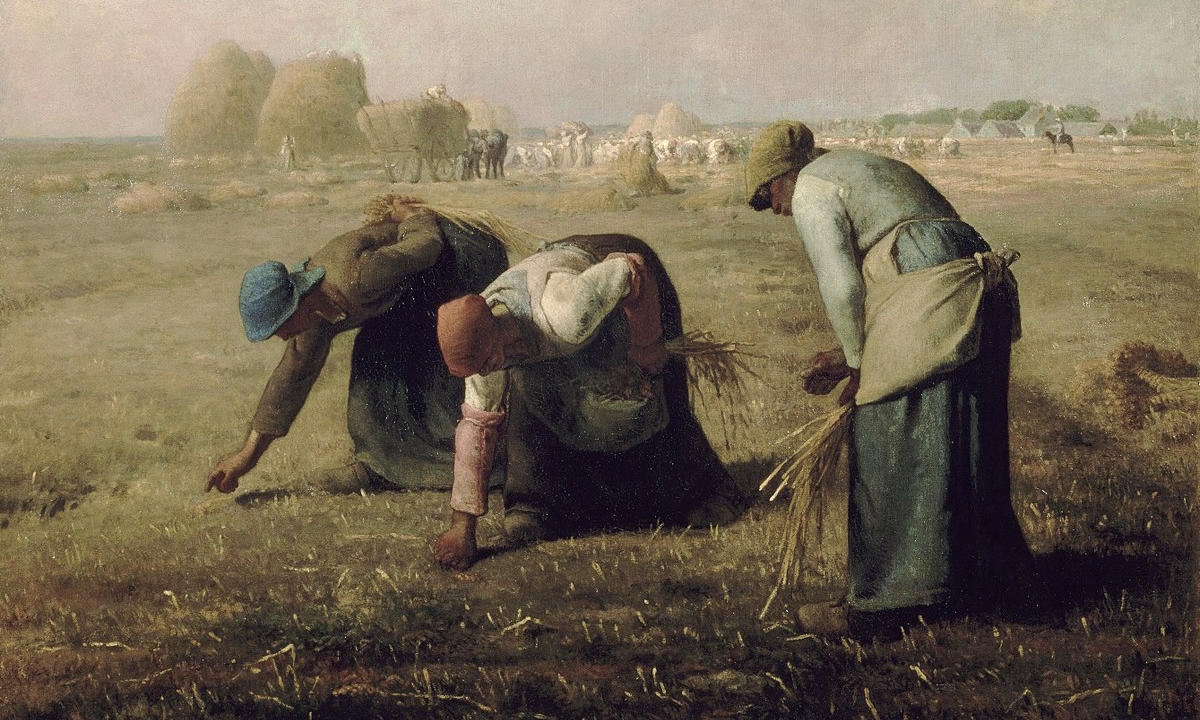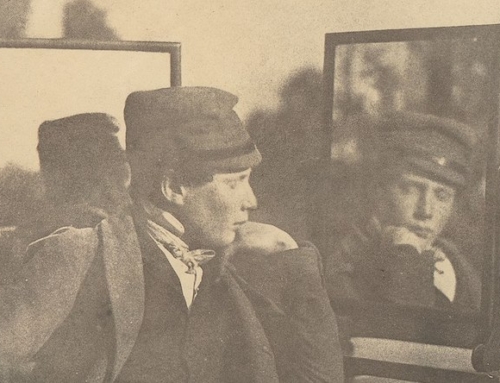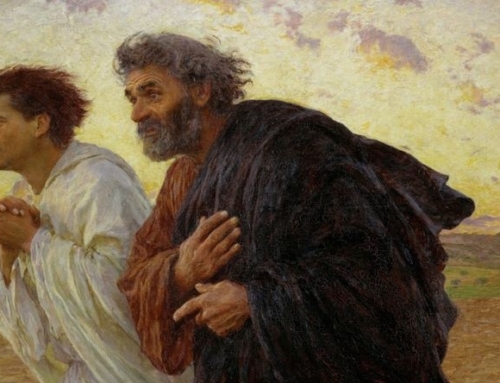Some years ago, I was staying at a monastery and noticed something written in one of the choir books: “Ad usum fratrem Iosephum” … for the use of Brother Joseph. Above this, a line of text had been struck out. All of this told a story. The phrase indicated that Brother Joseph was the current user of the book, though not its owner. The book was not his possession. It was on loan. The line above had indicated a previous “user” before the book came to be in Brother Joseph’s hands. The whole point of the Latin phrase was to remind him that he didn’t own a thing in the world.
I think this “ad usum” could be etched or printed on many of the things we typically consider to be our own. Even if we are not bound to a vow of poverty like Brother Joseph, there is a sense in which nothing we have is, strictly speaking, ours. Saint Paul asks, “What do you possess that you have not received?” (1 Cor 4:7). One might reply, “This house was not given to me! I worked very hard for this mortgage.” But then our ability to labor and the natural talents which make our labor valuable … these too are most certainly gifts we have received.
God gives us many gifts in this life, but most are given on loan, be they material gifts or otherwise. I can run today, which is a real gift. One day, these legs will wear out. Today I have this house, this car, or this job. One day, I will downsize, give up driving, and retire from work. Today, the kids are home. Tomorrow, I will see them off. And ultimately, “at his death,” a man “will not take along anything” (Ps 48:18).
Many of the gifts we receive are like viaticum—food for the journey. God gave the Israelites manna, not so they would settle in the desert knowing their physical needs would be met, but to sustain them along the way, day by day. “Morning after morning they gathered it, as much as each needed to eat; but when the sun grew hot, it melted away” (Ex 16:21).
The Exodus is a type or figure for the Christian life. We, like the Israelites, are wayfarers, “aliens and exiles” (1 Pt 2:11). On earth, we are members of the pilgrim Church. We are on the way, on the move, en route. We begin our exodus by passing through the waters of baptism, in which we are claimed for Christ. As we strike out toward our heavenly home, toward sanctity, we are sustained by just what we need from the hand of God. In the time of Moses, he “furnished [the Israelites] bread from heaven, ready to hand, untoiled-for, endowed with all delights and conforming to every taste” (Wis 16:20), and now he nourishes us with the food whose very name means “thanksgiving.” It too comes from heaven, is ready at hand, and is endowed with every delight. We do not work for it. It is pure gift. And unlike our ancestors “who ate and still died, whoever eats this bread will live forever” (Jn 6:58). What a gift. It sustains us towards, and is already a participation in, the one true good we hope to possess forever: eternal life with God.
However much or little we may have on this day of thanksgiving, let us remind ourselves that it is just enough, that it is from the hand of God, and that it is ad usum—not to be clung to as the destination or even part of it, but to be received as a gracious provision that holds us over along the way toward the one good that truly lasts.
✠
Image: Jean-François Millet, The Gleaners







